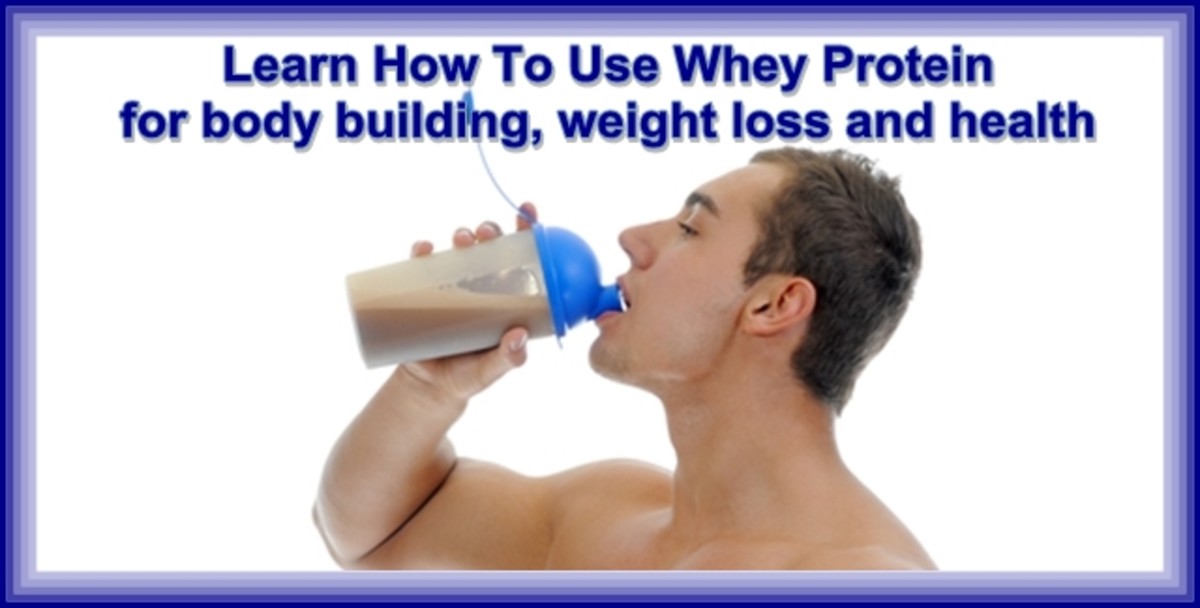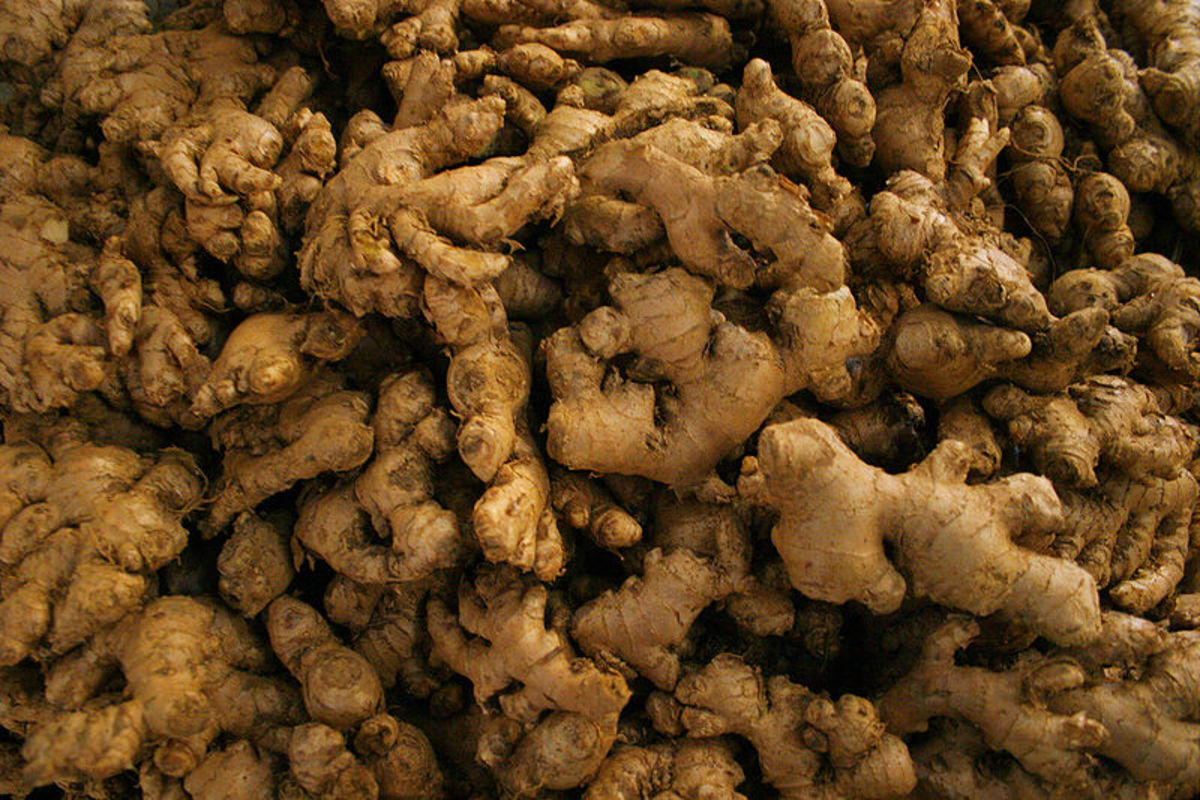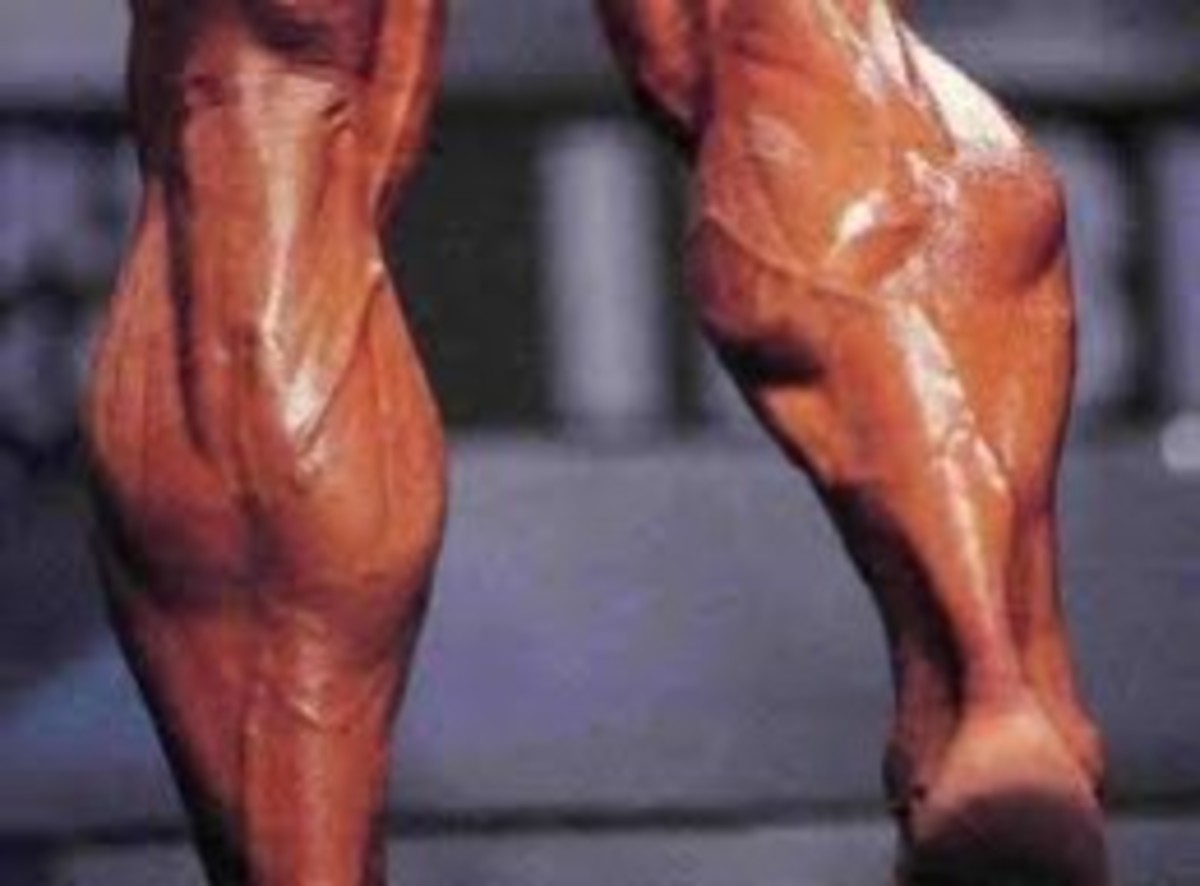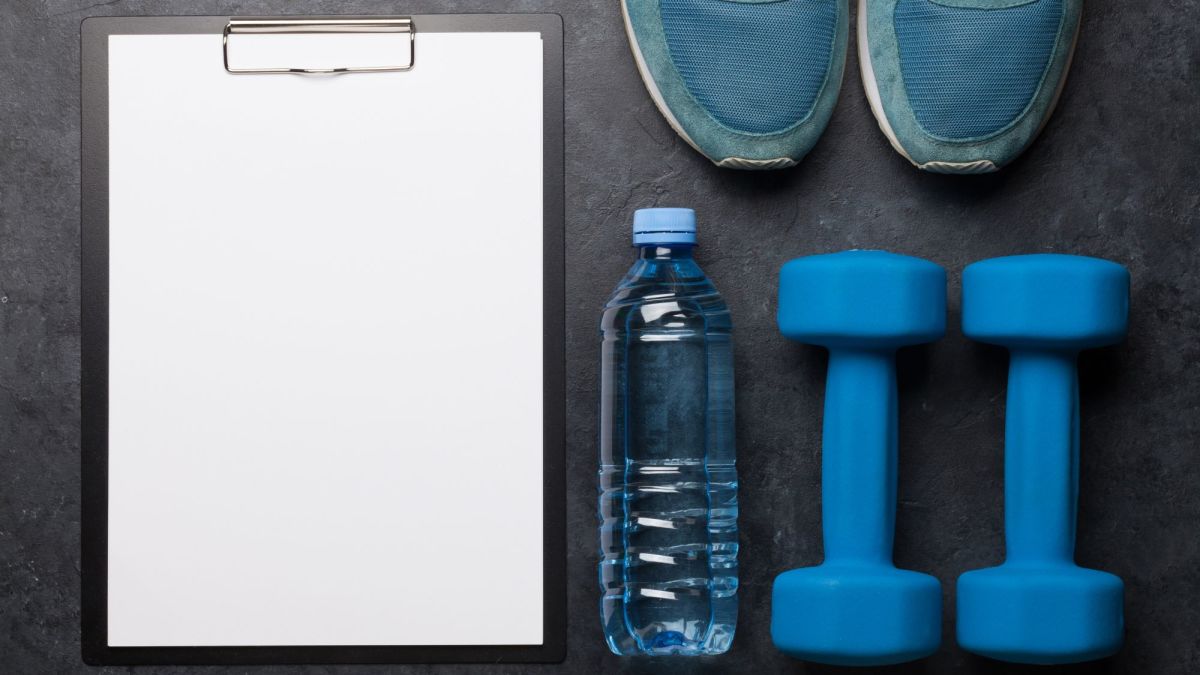The Ultimate Workout Supplement Guide
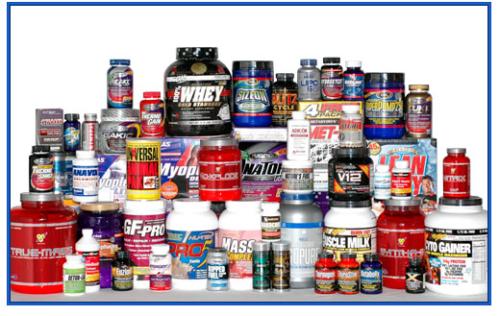
Workout Supplement Overview
It seems like supplement stores are everywhere nowadays. Walking into the mall you will probably come across a GNC, Complete Nutrition, and possibly somewhere such as The Vitamin Shoppe. If you are daring enough to go inside, you will probably be greeted by a store associate with an extremely large set of biceps asking if you need assistance. This associate will go on to recommend various types of supplements, ranging from whey protein to creatine to a multivitamin; the list goes on. All of this information hitting you at once can be very confusing, not to mention exciting. Those who are sucked into buying all of it get the temporary high as they believe they are on the road to success. However, a month later these supplements could very well be sitting on the shelve in their pantry collecting dust. Workout supplements are not cheap; furthermore, not all of them will work perfectly for everyone. For this reason I have designed a brief workout supplement guide to help get you on track!
The Ultimate Guide to Workout Supplements
To start, I want to emphasize that I do not think supplements are 100% necessary to achieve the results you are looking for from your workouts. Anyone can get everything they need through their own respective diet. This being said, supplements are a great way to "supplement", not replace, your diet if you are running short on time, if you are not consuming the right things, etc. Below I have constructed a table that includes some of the most common supplements, their uses, when to take them, and an alternative form for obtaining the same effect for those looking to achieve their workout goals "supplement-free". Further down in the article I will go into more detail with regards to each supplement, alternative methods and finally will provide links to some of the best/most popular products out there.
The Ultimate Workout Supplement Guide
Supplement
| Use
| Time of Day
| Alternative Method
|
|---|---|---|---|
Pre-Workout
| To increase focus and intensity
| 30 minutes before you work out
| Coffee or Tea
|
Whey Protein
| To improve workout results
| Within 30 minutes before or after your workout, or right when you wake up
| Meat and Dairy Products
|
Creatine
| To increase strength and assist in muscle building and weight gain
| Within 30 minutes before or after your workout
| Red Meats
|
Casein Protein
| To improve workout results
| Right before bed
| Cottage Cheese
|
Human Growth Hormone (HGH)
| Increases testosterone levels and promotes muscle growth
| Once in the morning or night
| Train Heavy, Sleep a Lot and Consume Amino Acids
|
Amino Acids
| Help reduce muscle tissue break down and increase natural HGH levels in the body
| Before, during, and after your workout
| Eggs, Salmon, Soy Beans, Beef and Turkey
|
Nitric Oxide
| Increases hormone and adrenaline release and stimulates blood flow
| Before breakfast, within 30 minutes before and after your workout, before bed
| Spinach, Sesame Seeds, Crab, Shrimp and White Meat Turkey
|
Fat Burners
| Obviously to burn fat
| Once before your workout and once with a large meal (before 6 p.m.)
| Green Tea, Preferably Matcha
|
Fish Oil
| Fights inflammation in the body as well as various other health benefits
| Twice a day
| Consume Fish At Least 2-3 Times a Week
|
Multivitamin
| Various health benefits
| Half in the morning, Half at night
| Consume a Well-Balanced Diet
|
Pre-Workout
Many people take pre-workout supplements so that they can get the most out of their workout. These supplements often contain high amounts of caffeine, amino acids, and creatine. This allows for maximum focus and energy when you need it the most, and also helps you achieve maximum muscle growth.
Personally, I like to simply have a cup of coffee and eat a diet rich in protein and amino acids 30 minutes before working out. However, whichever method works best for you is the one that you should go with! I have attached an amazon link for one of the most popular pre-workout supplements on the market right now. As always, exercise caution before purchasing such a supplement and make sure you do your research/exercise your judgement and common sense!
Contrary to popular belief, whey protein is a supplement that can be taken by anyone (even those trying to lose weight). Use it to get the most out of your workout, regardless of your goals. However, if weight loss is your goal, you should read the nutrition labels to ensure there aren't other substances such as creatine in the mix that could contradict your results.
Whey Protein
The only workout-related supplement I take (besides a multivitamin and fish oil) is whey protein. It is very convenient and also provides your body with the cleanest, most efficient and fastest acting sources of protein out there! This is very important to consume after a workout. Again, you could simply eat a protein-rich meal afterwards, but having a whey protein shake is my personal preference. I also add milk for a nice balance of casein protein to incorporate some longer acting protein as well and also a bit of honey (it is important to raise your glucose levels right after working out in order to replenish starving muscles as fast as possible). I try to eat only natural foods/beverages, so the whey protein I use has no artificial flavoring. Also, most whey proteins will contain a mixture of BCAA's (amino acids), so this also takes care of your serving of amino acids. I try to consume my shake right after I am done lifting; others find it more useful to consume before or even during, but it is completely up to your preference. You may also want to consider consuming a whey protein shake right when you wake up as your body has been in a catabolic state while sleeping and whey protein is the fastest way to nourish your starving muscles with protein.
Creatine has often been criticized for poor regulations and harmful effects to the organs. However, no scientific studies have actually been conclusive over these claims and many of them tend to be unfounded. Nonetheless, remember to exercise caution with this supplement and keep up to date with your research.
Creatine
Creatine, although seen as somewhat controversial in the past, is widely being accepted as a staple supplement for those who are trying to gain muscle mass. Creatine occurs naturally in the body and is increased by consumption of things such as red meats. However, creatine supplements provide your body with much higher levels of creatine. Creatine works by retaining water weight in muscles allowing for long-term growth, but also by increasing the amount of energy provided to your muscles making for higher reps and greater strength. Some take creatine before workouts, but many also claim it is better to take as a post-workout.
I have personally taken creatine in the past and witnessed the astonishing effects it can produce. Nonetheless, as of recently I have decided to rely solely on my diet, whey protein, and exercise program for my results as I am still a bit hesitant over the supplement.
I have provided an amazon link to a standard creatine monohydrate product that should work pretty well. However, there are different types of creatine and it may be more beneficial to consume it through a pre-workout or post-workout product that has a creatine formula built into it, such as the pre-workout link I provided above in that respective section!
Casein Protein
Casein protein is a slow-acting protein; the opposite of the fast-acting whey protein. When you go to sleep you go on an 8 hour catabolic fast, which is too long for your body to go without protein when trying to build muscle. Therefore, it is important to consume a source of casein protein before going to sleep to nourish your body and provide it with a source of protein for the majority of the night when it needs it the most.
Instead of spending money on another protein supplement I opt to eat cottage cheese before bed instead, which is a great source of casein protein. However, if you are not a fan of cottage cheese or prefer a casein protein supplement for some other reason then that would be the way to go!

Human Growth Hormone (HGH)
Human Growth Hormone (HGH) is a naturally occurring hormone in the body that starts to diminish around the age 30. It assists in protein synthesis, the metabolism of fat, improves sleep and sexual performance, and also helps to build strong bones. For this reason, many bodybuilders look to supplement with this either once in the morning or once at night (the best time is still debated, and some people even do this at both times) to try increase their muscle gains. The supplement definitely works, but there are many downsides. It causes growth in the face and intestines, and the muscle gained through supplemented HGH is useless; HGH does not increase strength. It has also been linked with possible cancer risks and higher cholesterol. Last but not least, this supplement is extremely expensive and the best forms of it require a doctor's prescription!
I would highly recommend staying away from supplemented HGH, but increasing your natural amounts of HGH in the body is not necessarily a bad thing! You can do this by lifting heavy amounts (especially through compound exercises such as squats and bench press), getting a lot of sleep (HGH is produced during sleep), and consuming the right mixes of amino acids.
Amino Acids
Amino acids help prevent muscle tissue break down (helping to reduce muscle soreness and speed up muscle recovery) and also help in the production of HGH as mentioned previously. Amino acids tend to be mixed in with a lot of protein supplements, so many people who use protein supplements are already getting a good mix of amino acids. Amino acids can also be found in foods such as eggs, salmon, soy beans, beef and turkey. It is best to consume amino acids before, during, or after your workout.
Nitric Oxide
Nitric Oxide is a gas naturally produced in the body. It helps release hormones and adrenaline, and also increases blood flow, helping to increase concentration levels and strength and also deliver more nutrients to muscles for optimum growth. Nitric Oxide levels can also be increased naturally by eating foods such as spinach, sesame seeds, crab, shrimp and white meat turkey. The recommended times to take a nitric oxide supplement are before breakfast, before and after training and also before bed. However, if you are going to take a nitric oxide supplement you can always experiment and see what works best for your own body.
Fat Burners
Fat burners are typically used by those trying to lose weight or body builders trying to shed fat. These are normally taken twice a day: once before working out and once with a large meal. Many fat burners tend to increase energy so it is advised to take them before 6 p.m. to minimize the chance that they would disrupt normal sleep patterns. They also tend to have a negative effect on appetite, which is why you should take one with your biggest meal. This allows you to consume the vital nutrients from your meal before the effects kick in.
Matcha green tea, the healthiest form of green tea that uses the full leaves and is nutritionally worth 10 cups of regular green tea in health benefits, also has fat burning properties. Not to mention, it is also extremely healthy for you and provides cancer-fighting properties. Therefore, I would recommend giving this wonder-tea a try not only for its fat burning properties but also for its various health benefits!
Fish Oil
Fish oil is a necessary omega-3 fatty acid that we must consume through our diets. Although fish is the best way to get such a nutrient, many people lack it and therefore take it in a supplemented form. In terms of overall health, fish oil is good for many different things. In terms of weight training, fish oil can help battle inflammation and shorten muscle recovery time. Typically, consume one pill twice a day. For a complete overview of fish oil supplements and a guide for purchasing the right one, click here.
Multivitamin
Lastly, many people take a multivitamin, not only for the health benefits, but to supplement their workouts. Why? The theory goes that those who are working out and breaking down muscle fibers will need higher doses of vitamins and minerals to replenish and regrow the muscles they are breaking down. Furthermore, in order to ensure that all of the right tools (or vitamins and minerals) are in the body to help maximize results, a multivitamin should be taken. Cut your multivitamins in half and take one in the morning and one at night for the most efficient absorption and results. For more on multivitamins and choosing the right one for you, click here.





